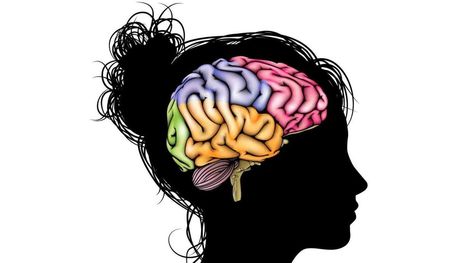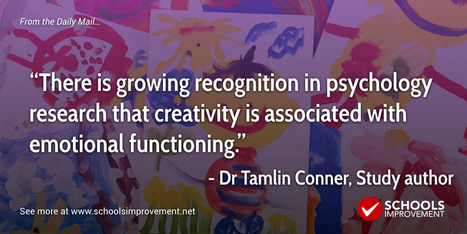“[Adolescence is] a stage of life when we can really thrive, but we need to take advantage of the opportunity,” said Temple University neuroscientist Laurence Steinberg at a Learning and the Brain conference in Boston. Steinberg has spent his career studying how the adolescent brain develops and believes there is a fundamental disconnect between the popular characterizations of adolescents and what’s really going on in their brains.
Because the brain is still developing during adolescence, it has incredible plasticity. It’s akin to the first five years of life, when a child’s brain is growing and developing new pathways all the time in response to experiences. Adult brains are somewhat plastic as well — otherwise they wouldn’t be able to learn new things — but “brain plasticity in adulthood involves minor changes to existing circuits, not the wholesale development of new ones or elimination of others,” Steinberg said.
The adolescent brain is exquisitely sensitive to experience,” Steinberg said. “It is like the recording device is turned up to a different level of sensitivity.” That’s why humans tend to remember even the most mundane events from adolescence much better than even important events that took place later in life. It also means adolescence could be an extremely important window for learning that sticks. Steinberg notes this window is also lengthening as scientists observe the onset of puberty happening earlier and young people taking on adult roles later in life. Between these two factors, one biological and one social, adolescence researchers now generally say the period lasts 15 years between the ages of 10 and 25.
Learn more / En savoir plus / Mehr erfahren:
http://www.scoop.it/t/21st-century-learning-and-teaching/?tag=Brain
Use #Andragogy UP from 11 years:
https://gustmees.wordpress.com/2015/05/13/andragogy-adult-teaching-how-to-teach-ict/



 Your new post is loading...
Your new post is loading...













Homes in Madrid, Dublin, Cardiff, Ljubljana, and Leuven are participating in the Citizens Observing UrbaN Transport (WeCount) project, a European Commission–funded research project investigating sustainable economic growth.
Learn more / En savoir plus / Mehr erfahren:
https://www.scoop.it/topic/21st-century-learning-and-teaching/?&tag=Citizen+Science
https://www.scoop.it/topic/21st-century-learning-and-teaching/?&tag=makerspace
https://www.scoop.it/topic/21st-century-learning-and-teaching/?&tag=STEM
https://www.scoop.it/topic/21st-century-learning-and-teaching/?&tag=LoRaWAN